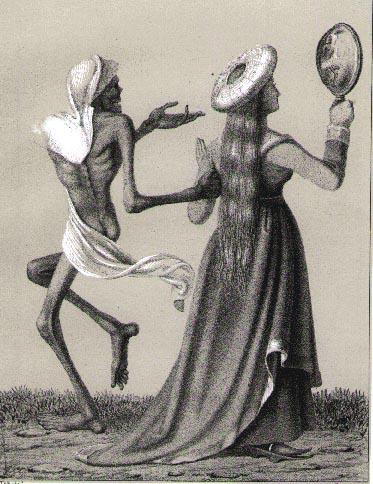The Synoptic Problem
In time for Good Friday, interesting review of Richard Bauckham's Jesus and the Eyewitnesses here:
The Synoptic Gospels – Matthew, Mark and Luke – present a conundrum that is probably unique in the annals of literary research. On the one hand they display similarities which are sometimes so close that it has been thought impossible they should have occurred had not the author of one had access to at least one of the others (and the reigning but not the only possible hypothesis is that Matthew and Luke both made use of Mark). On the other hand they have differences, mainly of verbal expression but sometimes also of content and arrangement, which generations of scholars, brought up in the tradition of historical criticism, have assumed is due to the use of different sources – so much so that the notion of “source” (Quelle in German) has given rise to the reconstruction of a document (“Q”) that is assumed to be the “source” of material that appears in similar form in Matthew and Luke but is absent in Mark. The consequence is that a Gospel writer must be imagined, no longer as a serene recipient of inspiration from on high (as envisaged in so many ancient works of art) but as a sometimes puzzled, sometimes creative, editor, using scissors and paste to weave together several different narratives or “sources”, and (according to more recent scholarship) compounding the complexity of his task by introducing theological interpretations of his own.



No comments:
Post a Comment